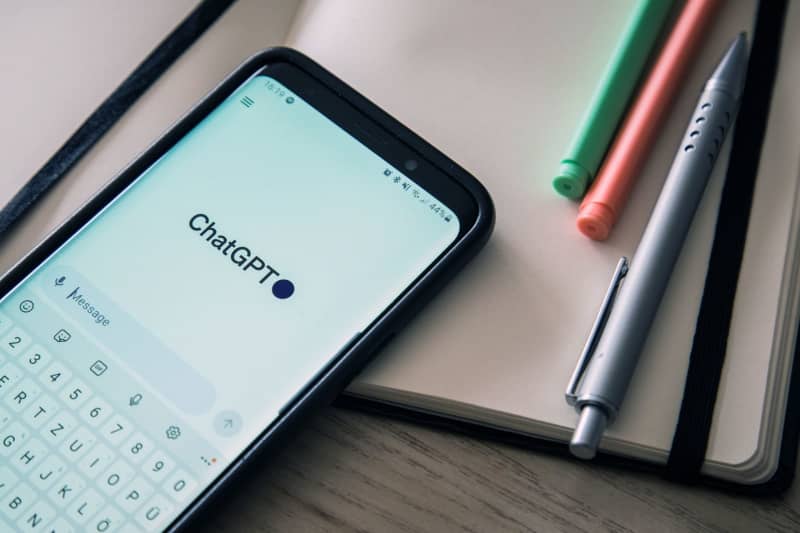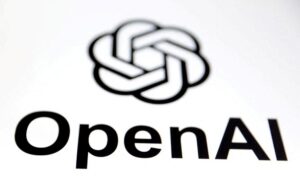Whether in health care or in market – or something as unimportant as crafting tailored birthday dreams – expert system (AI) is now a part of many individuals’s every day lives.
What about college? Can AI in the kind of big language designs (LLMs) such as the chatbot ChatGPT be utilized to get ready for tests? And is it enabled?
Take Germany. A lot of universities there are just starting to prepare standards or guidelines in regard to AI, states Jens Tobor, task supervisor of the University Online Forum for Digitalization (HFD) at the Centre for College (CHE) in Gütersloh.
They’re generally suggestions and not binding yet, he keeps in mind, especially thinking about the numerous grey locations left by the current approval of the European Union’s Expert system Act, the very first of its kind worldwide.
As Jannica Budde, the HFD’s senior task supervisor, explains: “In contrast to tests themselves, whatever you delight in and works for you in getting ready for them is enabled the time being.” However it is essential to recognize, she includes, that ChatGPT is a language design, not an understanding design, so “you have actually got to know that the details might be incorrect.”
“Aside from information defense and copyright, there isn’t yet a binding legal structure that universities might pass,” Tobor states. These laws are the greatest obstacle in utilizing AI as an individual knowing assistant, nevertheless, because trainees initially need to feed the design with the understanding they require for a specific topic.
Consisting of copyrighted finding out products or old tests is troublesome. “It would total up to recreation and may be unlawful,” mentions Tobor, who states it’s not yet clear whether, and to what level, the AI business behind the software application applications more procedure the consisted of information.
Rather, he suggests utilizing the chatbot as a type of Socratic discussion partner. For instance, ChatGPT asks the trainee reflective, separately predetermined concerns about a set of realities, and checks whether the trainee has actually comprehended them.
“The appeal of this is AI does not supply suspect details, however rather promotes a more extensive – and for this reason more favorable to finding out – evaluation of the topic,” Tobor states.
Katharina Opper, an education researcher and e-learning designer, has experience with this technique. Used by the ancient Greek theorist Socrates, it includes “posturing concerns without supplying responses,” Opper composes.
She has actually established a timely that makes it possible for AI to ask targeted concerns and consequently motivate independent thinking. The individual who goes into the timely is asked what the subject of conversation is, and after that the discussion can start.
This method, Opper states, is less susceptible to incorrect details because no details is considered that might be embraced uncritically.
A little bit of background: Chatbots powered by LLMs, such as ChatGPT, go through “hallucinations,” that is, the generation of plausible-sounding frauds. They happen because, making use of patterns in their substantial training information, they just forecast the possibility of the next word in an offered sentence.
It’s likewise possible to have ChatGPT play dumb, so to speak, and make the trainee discuss the topic to it. “This procedure combines finding out too,” states Tobor. The chatbot is appointed its function as, state, a fellow trainee who’s oblivious about the subject and is informed what it requires to understand.
Another alternative is to have the chatbot ask test concerns that the trainee should address. “AI can do this relatively well, however the quantity of incorrect details it offers about fact-based test understanding is still substantial,” states Malte Persike, clinical director of the Centre for Mentor and Knowing Provider at RWTH Aachen University in Germany.
“In regard to specialized material and understanding, particularly numbers and dates, I’d caution everybody not to depend on AI,” he states.
While outcomes are far better if AI is combined with a databank from which it recovers the customized material, incorrect details is still possible. “This is either due to the fact that the concern is misinterpreted and the right details isn’t accessed from the databank, or the details from the databank isn’t comprehended,” discusses Persike.
If you wish to download files from a digital knowing area as a PDF file and load it back into the AI however, you meet the abovementioned copyright restrictions – however just if you utilize an industrial system. According to Persike, there are now AI tools you can set up by yourself laptop computer that run in your area and do not move any information into the web.
“In all possibility, this would be lawfully allowable,” he states. These designs up until now do not have the quality and capability of ChatGPT-4, “however if you desire a discussion partner, the quality of open-source options is great.”



